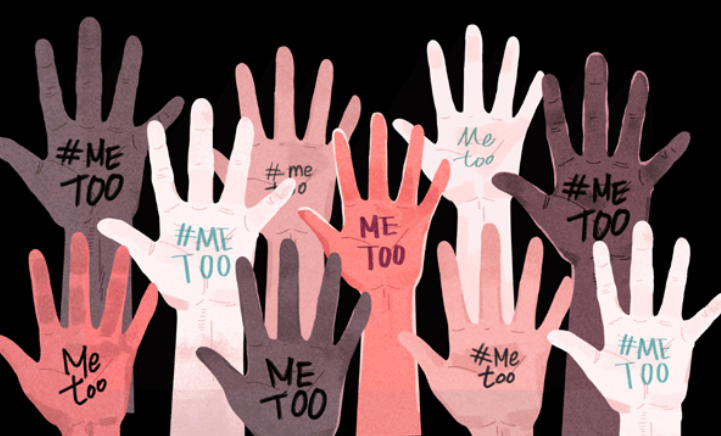You are a writer–here and now. How do you figure out what to say about the overwhelming complexity of the day’s issues?
The human tendency, especially in public affairs, is to train the eyes forward. Look to the future. If X, Y, or Z is a problem now, think about how to address it in the future. Figure out what could happen, then devise solutions.
Speaking of the #MeToo movement, Jodi Kantor and Megan Twohey of The New York Times, note this prospective/predictive mindset. “All of us have long been told that the key to gender equality is looking to the future,” Kantor and Twokey, who published the breakout pieces in The Times a year ago. “Study and work hard. Lean in. Build the pipeline. Look to our daughters.”
But there’s a problem. To focus relentlessly on the future is to operate with blindfolds. “To move forward, we have to excavate the past,” Kantor and Twohey write.
Most people, especially people in politics, are obsessed with the question: What next? To focus on excavating the past sometimes seems like an indulgence. Shouldn’t we move on?
Most of us know people who are stuck in the past. They relive childhood dramas, family dysfunction or school or work disappointments. They cycle the old stories, over and over. In this cycling, they spin their wheels. They don’t move forward. And life demands moving forward, doesn’t it? Life doesn’t wait for you to resolve your “issues.”
But if the #MeToo has taught anything, it’s that the past doesn’t go away. Even when people try to “move on,” repressing the bad stuff in order to build something new, the past remains alive in our subconscious, in our worldviews, in the rules we accept, in our patterns and habits and routines. When we move on without reckoning the past, we get stuck in what Vishen Lakhiani calls the “culturescape.”
The past repeats itself, or at least rhymes, until it is brought into the open and addressed.
The #MeToo movement shows the power of excavation. Thanks to #MeToo, people are questioning their basic understandings about how we–men and women, boys and girls–get along. Long-suppressed memories and ideas are coming to the surface. Not only do women reassemble their pasts, but men do too. A retired Pittsburgh newspaper reporter, for example, remembers witnessing a rape as a teenager and now takes responsibility, for the first time.
#MeToo could trap us in the past, as a nation of victims and survivors. But that danger doesn’t mean that we shouldn’t look back. Rather, it means that we need to look backward in order to understand the present and the options for the future.
I like the word excavate. It suggests a purposeful digging, to discover something you don’t know so you can understand the world better now. When anthropologists do a dig, when they excavate a site, they don’t get “stuck” in the past. They bring that past into our growing understanding of human culture. Excavating issues like sexual abuse, then, doesn’t mean getting stuck in the past. It means making sense of the past, so you can live in the present and create a future.
We often say that the writer’s greatest job is to bear witness–to notice what’s going on, record it, and share it. That’s true. But we cannot bear witness, much less look ahead intelligently, until we understand the past.

